Unlocking Funding Opportunities: Achieving Grant Writing Certification in the Nonprofit Sector

How a Grant Writing Certification Can Boost Your Career in the Nonprofit Sector.
Do you work in the nonprofit sector and want to advance your career? A great way to do so is by obtaining a grant writing certification. It can be difficult to navigate all the different to write grants and certifications available, but this article will give you an introduction to how having one can help boost your career in the non-profit sector.
Certified grant writers are important in the nonprofit world because they are often responsible for securing funds to run programs and services. With a grant writing certification, you can demonstrate your skills and knowledge of the process advanced grant development, as well as your dedication to furthering the mission of your organization.
Most certifications require an online or in-person course that covers topics such as proposal writing, fundraising principles, project management, and budgeting. Many courses also have components dedicated to teaching grant writers about specific types of grants, such as for government grants or foundation grants. Upon completion of a course, you will receive an official certification that can be used as proof of your qualifications in the job market.
The benefits of becoming a certified grant writer are numerous. For one thing, it makes you more attractive to employers in the nonprofit sector. With a grant writing certificate, you can prove your knowledge and expertise, and demonstrate that you have the skills needed to secure funding for programs and services. Additionally, having this certification may give you an edge when applying for positions within the field.
Furthermore, becoming certified in a grant writing program gives you a greater level of credibility and respect. It shows that you are committed to the nonprofit sector and understand the intricacies of grant writing. With this certification, you can also take advantage of professional opportunities such as speaking engagements and networking events.
In conclusion, having a grant writing certification is an invaluable asset for students and those working in the non-profit sector. You will be able to demonstrate your skills while gaining recognition and credibility. With this certification, you can take your grant management career to the next level!
How does Completing a Grant Writing Course Help Your Professional Career?
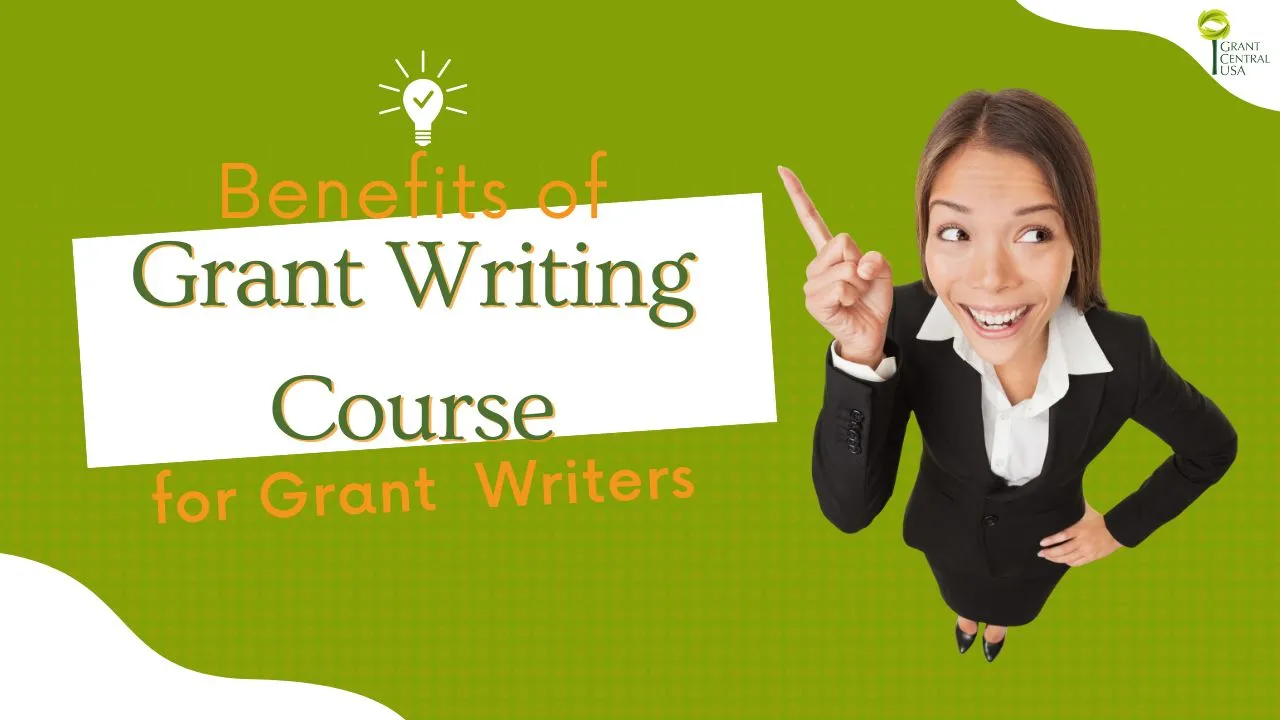
Completing a grant writing course can be a great way to boost your professional career. In today’s increasingly competitive job market, having the right skills and qualifications makes you more attractive to employers - and knowing how to write convincing grant applications can help give you an edge over other applicants.
Learning how to write effective grant proposals requires both technical know-how and creativity. A grant writing course will give you the opportunity to hone your skills in writing, research, organization, and persuasion – all of which are essential qualities for successful grant writers.
During the course and certificate program, you will learn about different types of grants available, how to write competitive applications for each type of grant, and what elements to include when constructing a proposal. You’ll also get tips and tricks for finding the right grant opportunities, as well as guidance on how to assess potential funding partners.
Not only will you gain valuable knowledge about grant writing, but you’ll also develop important communication skills that can be useful in other areas of your career. Writing a successful grant proposal requires an understanding of effectively conveying your ideas in a clear and convincing manner, as well as the ability to work with various stakeholders.
In addition to helping you stand out from other job applicants, having grant writing skills can also open up new career opportunities. Employers are always looking for people who have experience writing successful grant proposals - and having the right qualifications could make all the difference when it comes to securing your dream job.
Enrolling in a grant writing course can help equip you with greater understanding of the skills and knowledge needed to succeed in the professional world. With the right training, you’ll be well on your way to becoming an effective and successful grant writer!
Are Grant Writing Certifications Recognized by Nonprofit Organizations?
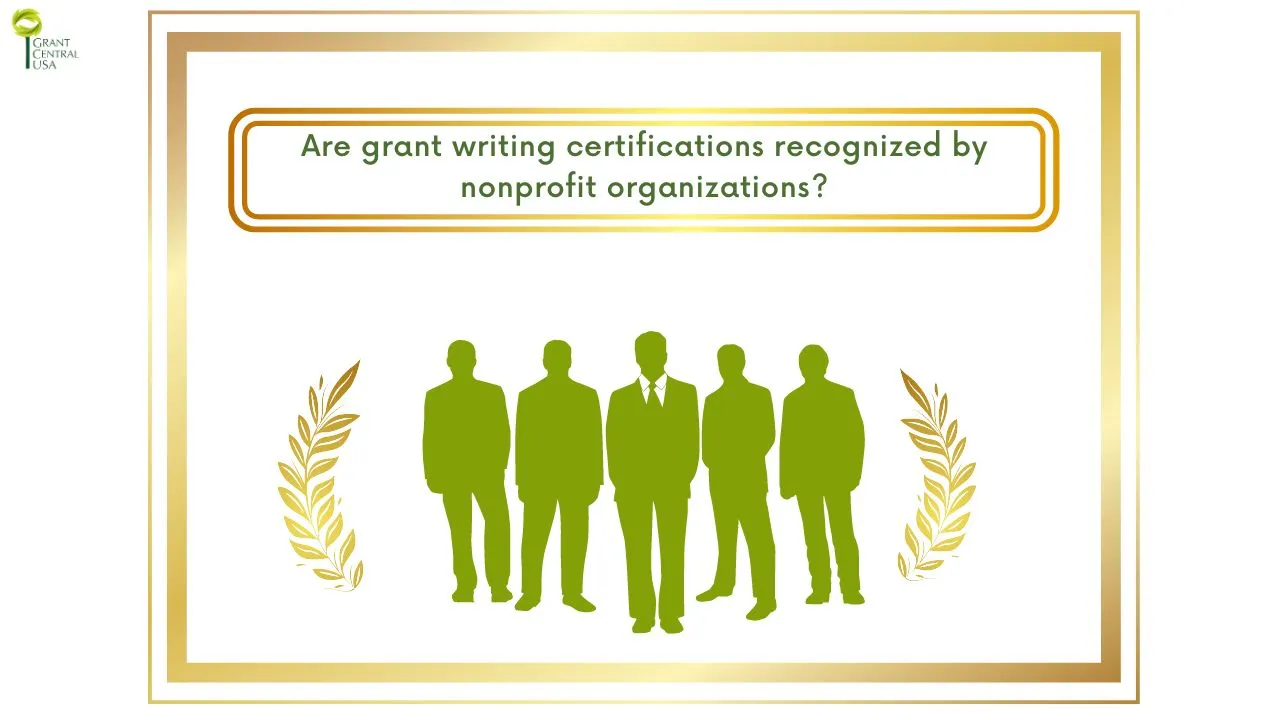
Are grant writing certifications recognized by nonprofit organizations? The answer is mostly yes - although it can depend on the individual organization's requirements.
Nonprofit organizations are typically looking for experienced grant writers who know how to research grants, write compelling, successful grant proposals and have a proven track record of success advanced grant well.
For those interested in becoming certified as a grant writer, there are a variety of grant writing certification programs offered online and in person.
These programs can provide detailed instruction on how to go about researching funding sources and foundation proposals, writing comprehensive grant proposals, and even understanding the finer points of budgeting for a project. Some certifications also include courses on understanding nonprofit organizations, fundraising strategies, and other topics related to grant writing.
Although having a certification isn't always a requirement for being hired as a grant writer, it can certainly help. It demonstrates to potential employers that you have taken the time and effort to learn about grant writing and are serious about making an impact in your chosen field.
Employers may also appreciate the fact that someone taking the time to get certified has already gone through some of the most important aspects of grant writing and has a better understanding of the process.
Ultimately, whether or not grant writing certifications are recognized depends on the needs statement each individual organization. It's important to do your research when applying for positions and find out what the specific requirements are from each employer you apply for. With this information in hand, you can make sure that you have all the necessary qualifications required for success.
How Can You Leverage Your Grant Writing Credentials to Advance Your Career in the Nonprofit Sector?
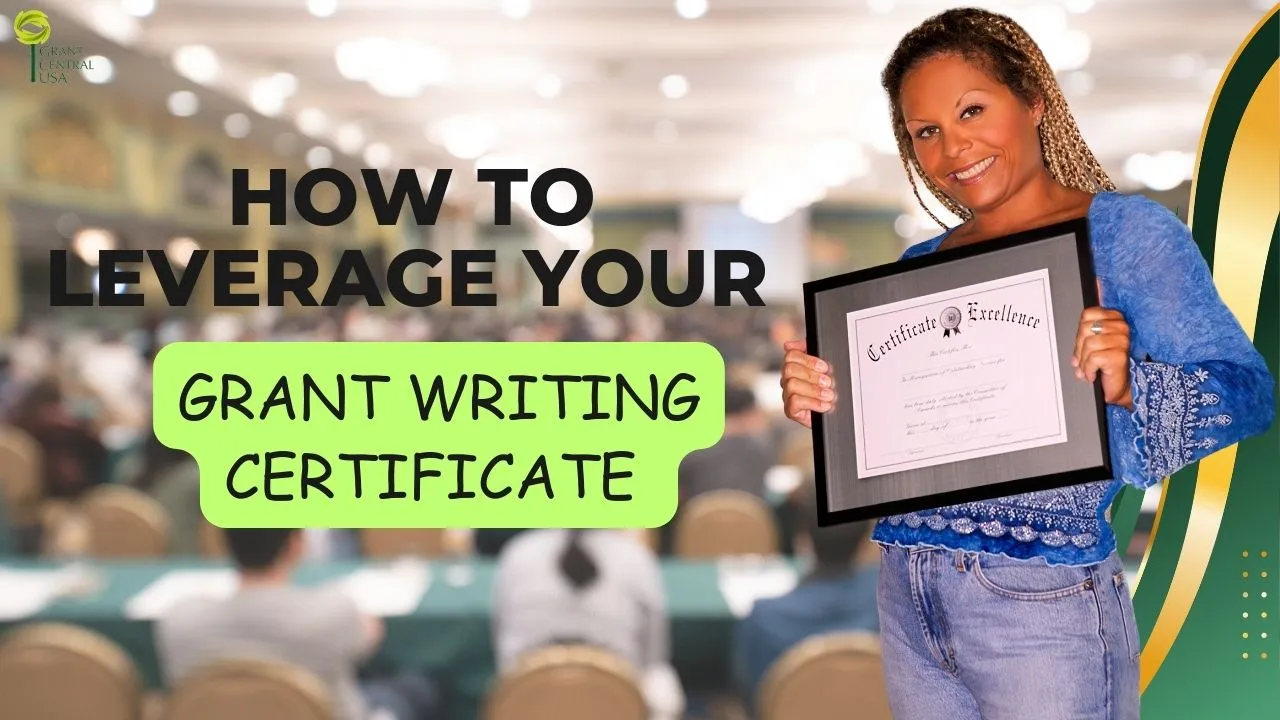
Your credentials as a grant writer in the nonprofit sector can open up many doors of opportunity for you. With a good understanding of how to craft grant proposals and an ability to write persuasively, you can become a valuable asset to any organization.
If you’re looking to advance your career in the nonprofit sector, having a grant writing certification or previous experience can give you a leg up. Organizations are always looking for people who can write grant proposals and understand the grant writing process. Having a certification or past experience shows that you have the necessary skills to be successful in this area.
When applying for jobs, don’t forget to highlight your grant writing credentials. Employers want to know that you understand how to craft effective grant proposals and have the skills to do so. If you’ve ever completed any grant proposal writing certificates, courses or trainings, make sure that you include that information on your resume.
In addition to highlighting your skills on job applications, make sure to utilize networking opportunities within the nonprofit sector. Many organizations list volunteer opportunities related to their grant development and writing where you can get firsthand experience. Additionally, attending events related to grant writing and networking with other professionals can open up new job opportunities for you.
Finally, don’t forget that your grant writing credentials can be useful beyond the nonprofit sector. Many businesses rely on grant money to fund initiatives and projects, so having an understanding of the grant writing process can be beneficial if you decide to pursue a career in the private sector.
Are you looking to leverage your grant writing credentials and advance your career in the nonprofit sector? With a good understanding of how to write persuasive grant proposals, you can become an invaluable asset to any organization. Make sure to highlight your skills on job applications, attend networking events, and take advantage of volunteer opportunities related to grant writing. Don’t forget that your grant writing credentials can also be useful outside of the nonprofit sector too!
What are the Different Types of Grants Available to Nonprofit Organizations?
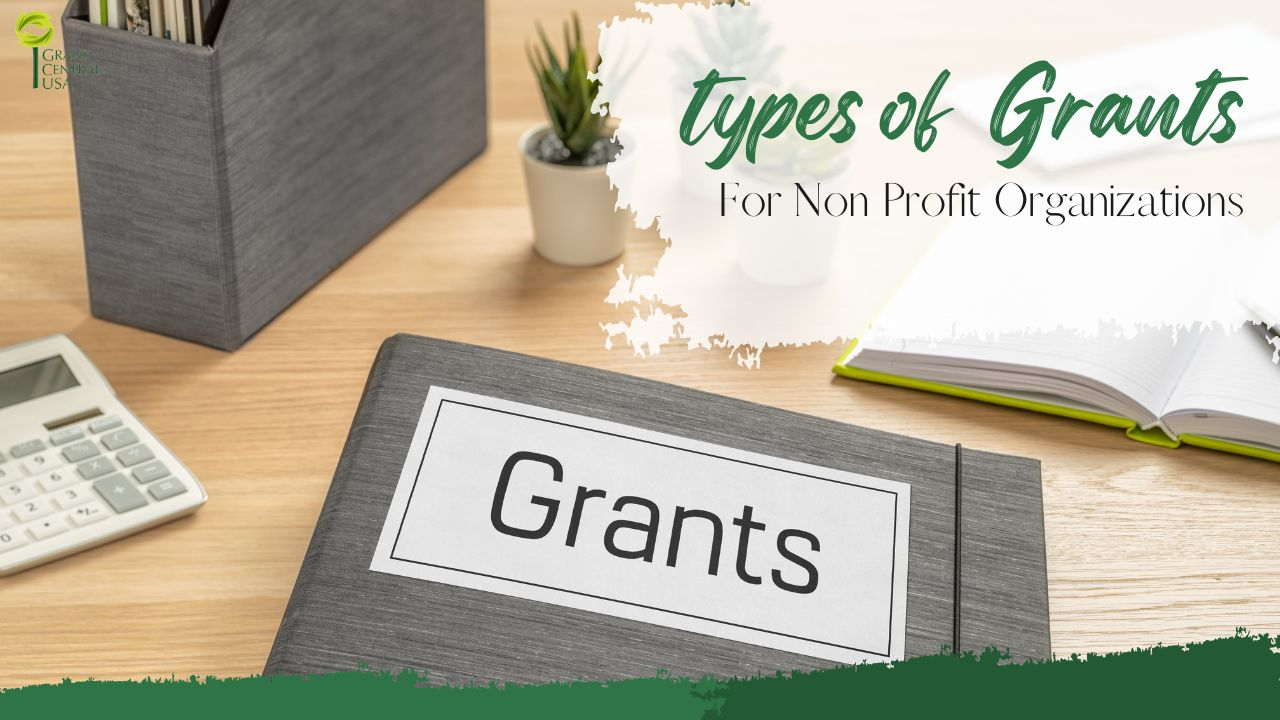
When it comes to nonprofit organizations, grants can be a life saver. Nonprofits often need extra funds in order to carry out their mission and keep operations going, and grants are an important part of this process. But what types of grants are available? Here’s an overview of the different options.
Federal Grants:
Federal government agencies offer competitive grants to qualified nonprofit organizations. These grants are usually given out to support specific activities and programs, such as research continuing education, or environmental initiatives. Federal grants can be used for a variety of purposes, including funding projects, constructing a building, buying equipment, and providing services.
State and Local Grants:
States and local governments often provide grants for nonprofits within their own jurisdictions. State and local grants are typically more targeted than federal grants, and state and foundation proposals may be used to help nonprofits that serve the community in areas such as health, education, or social services.
Foundation Grants:
Private foundations, such as philanthropic organizations or family trusts, can provide money to nonprofit organizations through grants. These grants often have specific requirements related to the type of work the organization will be doing and the impact it will have.
Corporate Grants:
Corporations often provide grants to nonprofits as part of their philanthropic efforts. These types of grants can take a variety of forms, from outright donations or sponsorships to more strategic corporate partnerships that involve working together on specific projects.
Individual Donor Grants:
In some instances, an individual donor may provide a grant to a nonprofit organization. These grants are usually smaller in scope than the others mentioned above, but can still have a significant impact on the organization’s work.
No matter which type of grant your nonprofit is pursuing, it’s important to remember that grant writing and proposals take time and resources. Many organizations hire professional grant writers to help them in the process of federal proposals, or have staff members dedicated to writing grant proposals. Taking the time to craft a proposal that stands out from the crowd can mean the difference between getting funded and not.
So if your nonprofit is looking for extra funds, don’t forget about grants! Knowing the different types of grants available can help you decide which ones are the best fit for your organization. With a little bit of research and some dedication, you can be sure to put your nonprofit in the best position to get the grant funding that it needs.
Gaining Valuable fundraising skills that benefit your organization and your career.

Fundraising skills are an invaluable asset for any organization, and the ability to effectively raise money can make all the difference in the success of a project. But even more importantly, gaining these fundraising skills can benefit your career and open up new opportunities.
With that said, let's take a look at some valuable fundraising skills that you should consider learning and honing:
1. Grant Writing:
This is one of the most important fundraising skills you can acquire. Knowing how to write effective grant proposals and how to secure grants from different sources is invaluable. It takes research, organization, persuasive writing, and understanding of the mission and goals of your organization.
2. Fundraising Strategies:
The ability to come up with creative strategies for fundraising is a huge plus. There are so many different avenues for raising funds such as crowdfunding, corporate sponsorships, online campaigns, and more. Having the ability to tailor an approach that works best for your organization is essential.
3. Public Speaking:
The ability to present oneself in public and speak confidently about your cause or project is key when it comes to fundraising. Being able to speak clearly, confidently and persuasively is a great skill to have, especially when it comes to fundraising.
4. Networking:
Having a vast network of contacts can be incredibly beneficial for any organization. Finding people who are passionate about your cause and building relationships with them is key in order to increase fundraising efforts.
5. Analytical Thinking:
Being able to think strategically and analyze data is also crucial for fundraising. Knowing how to interpret the data that you have collected can help you make informed decisions about where your money should be going.
These are just a few of the valuable fundraising skills that you should consider honing in order to benefit both your organization and your own career. Having these skills will give you a huge advantage in the fundraising world and will help make your projects more successful. So consider learning these skills today and watch as your organization's success grows!
How Can You Increase Your Chances of Getting a Grant Awarded?
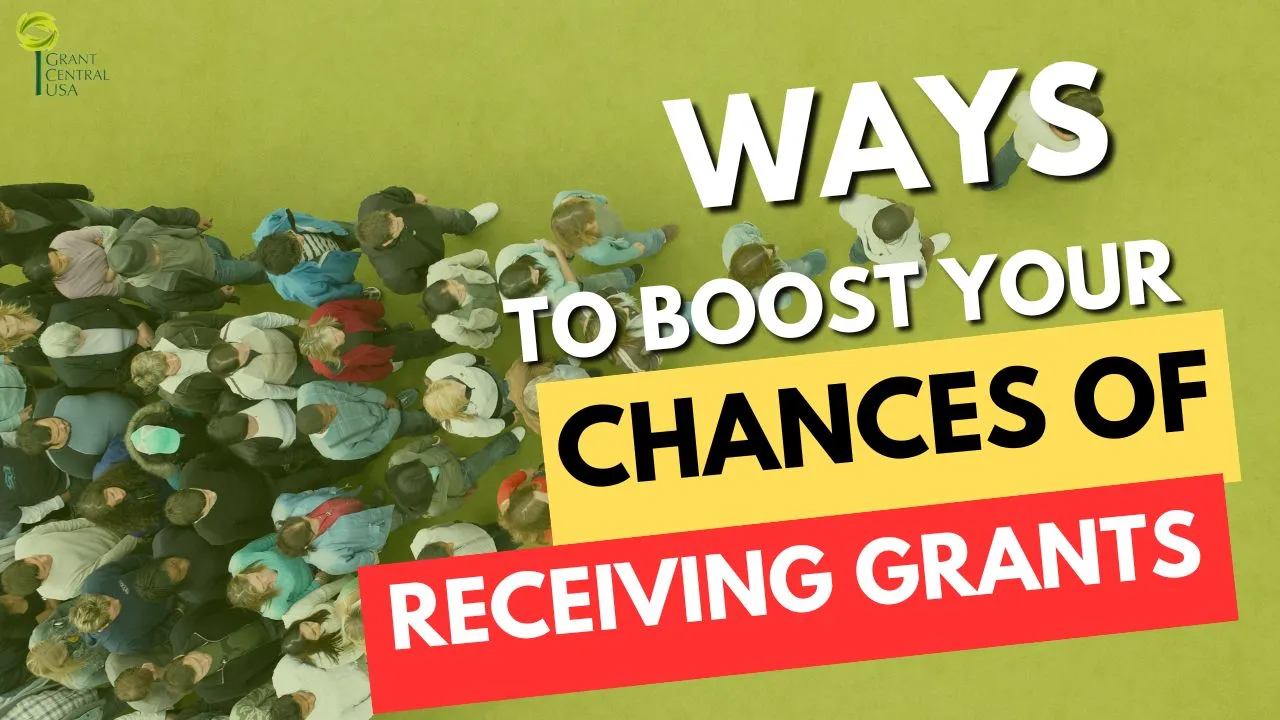
If you are looking to increase your chances of getting a grant awarded, the first thing to understand is that grant writing can be a complex process. It involves researching potential funders, crafting persuasive and compelling proposals and following up on applications. The good news is there are some strategies that can help make sure your application stands out among the competition.
The most important step in the grant application process is to thoroughly research potential funders. Take the time to understand what type of projects they’re looking for, and make sure you are meeting all their criteria. Many organizations have online resources such as FAQs and eligibility requirements that can be very helpful in finding the right fit.
Once you’ve identified a few potential funders, the next step is to craft a compelling proposal. Make sure your writing is clear and concise, and be sure to include any supporting evidence that demonstrates why you’re needed and how you will make a difference.
You should also consider bringing in experienced grant writers who can help shape your application into an effective one. Grant writers have experience working with funders and know the ins and outs of writing successful proposals. A good grant writer will be able to assist you with researching potential funders, crafting persuasive language in your proposal, and even managing any follow-up communications.
Finally, don’t forget to stay organized throughout the application process. Keep a timeline of deadlines and ensure all of your documents are filed and submitted on time. Following up with funders is also important, as it shows that you’re serious about getting the grant award and can help increase your chances of success.
By following these tips, you’ll be well on your way to increasing your chances of getting a grant awarded.
What are the Most Common Mistakes to Avoid When Writing a Grant Proposal?

Grant writing grants, certification program, government agencies grant writing certifications, proposal writing certificates, grant development
When it comes to grant writing, there are a few common mistakes that can easily be avoided if you know what to look out for. Even experienced grant writers can overlook some of these pitfalls, so it’s important to take the time and do your due diligence when putting together a successful grant proposal. Here are some of the most common mistakes to avoid when writing a grant proposal:
1. Not following the instructions: Make sure you read over all of the instructions carefully before starting. Not adhering to specific guidelines and requirements can be a major red flag for reviewers, so make sure you’re paying close attention to detail and following all of the steps in order.
2. Waiting until the last minute: Give yourself enough time to create a well-thought-out and thorough proposal. Rushing through the process can lead to careless errors that could be the difference between success of evaluation plan and failure.
3. Ignoring the budget: Many grants come with specific budget requirements, so make sure you’re taking the necessary steps to ensure you meet these numbers. Not including enough detail in the budget or inaccurately calculating costs could mean that you’re not eligible for consideration.
4. Over-promising results: While it may be tempting to oversell yourself and your project, keep expectations realistic. Make sure you have a good understanding of what can be accomplished and within what timeframe so you don’t make promises you can’t keep.
5. Focusing too much on the past: Keep your proposal focused on what you plan to do in the future, rather than dwelling too much on things that have already been done or accomplishments from the past. This is an opportunity to show off what you can do, so make sure to use this as a chance to promote yourself.
By taking the time to avoid these common mistakes, you’ll be in a much better position to write an effective and successful grant proposal!
Are There Any Special Tips to Improve Your Grant Writing Skills?
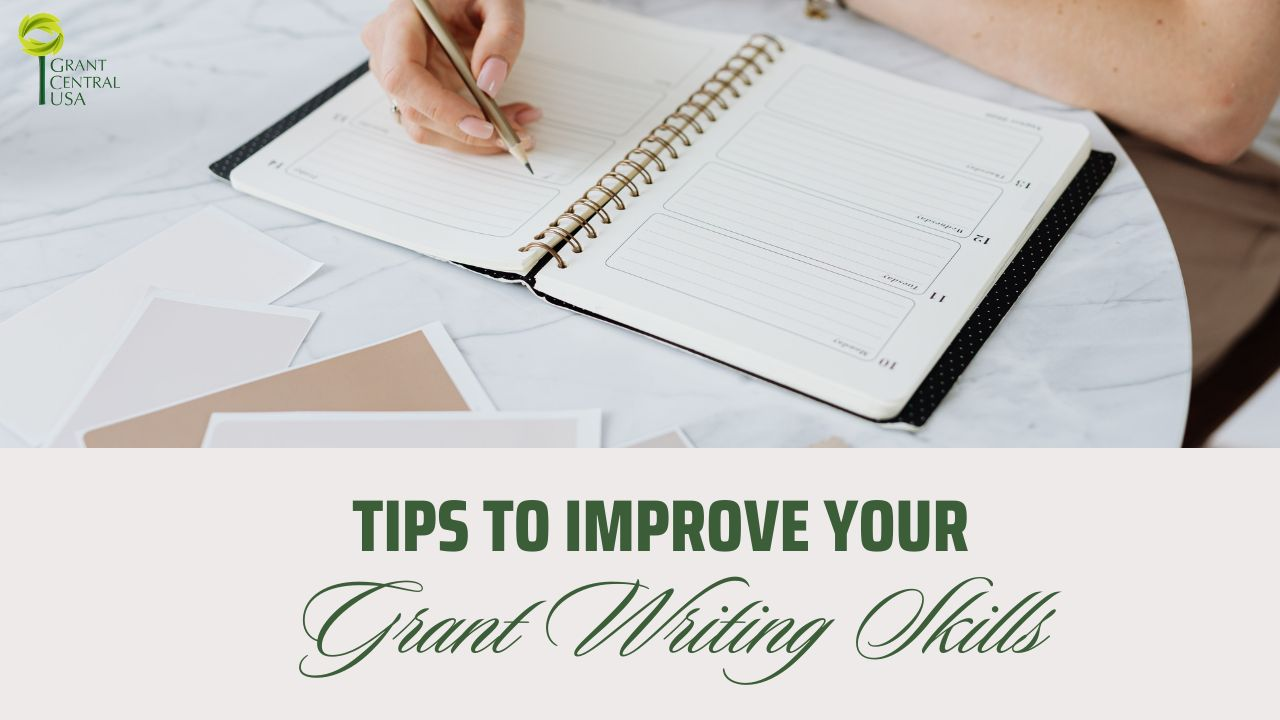
Are you looking to improve your grant writing skills? Writing a successful grant proposal can be a daunting challenge, but with the right tools and some hard work, you’ll be ready to submit your foundation proposals in no time. Here are some special tips for improving your grant writing skills:
1. Start Early –
Writing a grant proposal should not be taken lightly. Begin researching and preparing your proposal well in advance of the deadline so that you have enough time to craft successfully complete a quality submission.
2. Utilize Resources –
Take advantage of training or certification programs for grant writers, such as those offered by licensed grant consultants or the Foundation Center. You can also find plenty of information online, from websites and blogs for freelance writers to webinars and tutorials.
3. Do Your Research –
Thorough research is key when writing a successful proposal. Learn as much as you can about the organization or foundation that you’re applying to, their mission, and their funding priorities.
4. Follow Directions –
Make sure you read all of the instructions carefully, answer every question asked in the grant application, and follow the format requested by existing grant,.
5. Use a Professional Tone –
When writing your proposal, make sure to use a professional and courteous tone. Avoid being too informal or casual in your language, while still maintaining an engaging voice.
6. Showcase Your Strengths –
Highlight your organization’s strengths and demonstrate how you will use the grant money to make a positive impact in your community.
7. Get Feedback –
Before submitting your proposal, have someone else review it for accuracy and readability. A fresh set of eyes can help you identify any areas that need to be improved before you submit the final version.
These tips should help you sharpen your grant writing skills and improve your chances of success in submitting a successful grant proposal.







